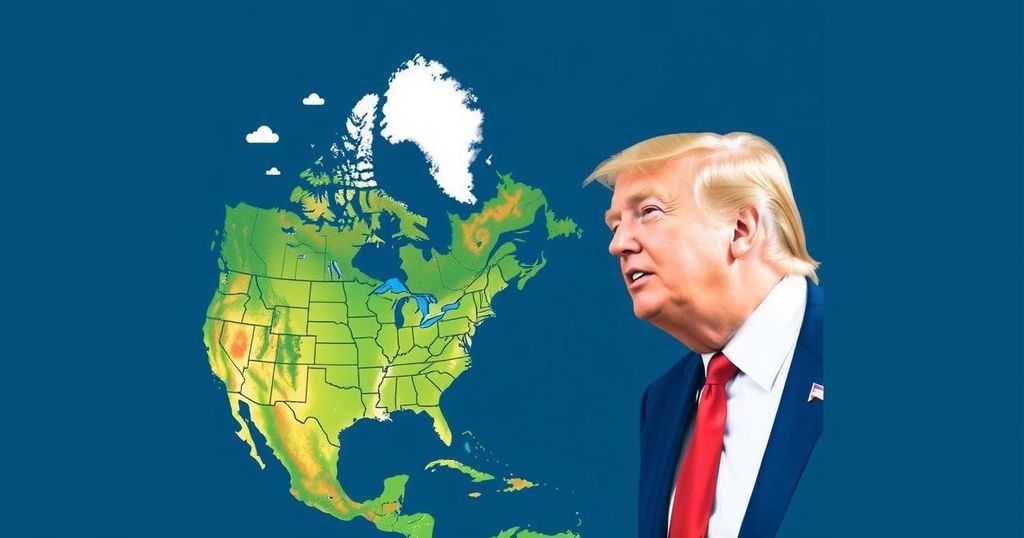The Crucial Climate Election: Implications of the 2024 U.S. Presidential Race

The article explores the significance of the 2024 U.S. election on climate policy, stating that if Donald Trump is re-elected, it could lead to severe setbacks in combating climate change. Conversely, a Democratic win could advance renewable energy initiatives and reinforce commitments to the Paris Agreement. The analysis examines the political landscape surrounding climate priorities, noting the potential influence of recent climate disasters on voter perceptions.
The upcoming election represents a critical juncture for climate policy in the United States, with substantial implications for global environmental efforts. Should Donald Trump secure re-election, the fears surrounding climate change may escalate towards an irreversible crisis. Despite the criticism of Trump’s extremist tendencies, including his anti-immigration rhetoric and opposition to international alliances, the potential environmental ramifications of his presidency are equally concerning. With the looming 2024 election, one could argue that it may be the most significant climate election in history. It arrives at a pivotal moment as the world grapples with the urgency of addressing climate change. If the Democratic Party can maintain the presidency, there exists the possibility of fostering the growth of renewable energy technologies, which are crucial for mitigating climate impacts. Conversely, a Trump victory would likely herald the rollback of favorable climate policies, undermining progress made under the Paris Agreement. Trump’s dismissal of climate change as a “hoax” reflects a broader skepticism within his administration, propagated by notable supporters like Tim Dunn, a Texas pastor and fracking tycoon. Dunn’s influence and financial support for Trump’s political initiatives underscore a troubling trend toward prioritizing fossil fuel interests over environmental stewardship. Movements such as Project 2025 illustrate the intent to stifle clean energy technology deployment, which would not only negatively impact job creation outside the fossil fuel industry but also threaten America’s economic stability. According to an analysis by Energy Innovation, the implementation of this project could lead to a staggering GDP contraction and a significant rise in greenhouse gas emissions. Amidst this backdrop, Vice President Kamala Harris has the opportunity to advance climate initiatives built upon existing frameworks like the Inflation Reduction Act, which has already contributed to decarbonization efforts. While climate concerns rank lower than other pressing issues for voters, recent natural disasters may shift public attention back to environmental policies, a change that could ultimately influence the election’s outcome.
The article emphasizes the pressing nature of the upcoming U.S. presidential election, particularly concerning its implications for climate policy. Given the existential threat posed by climate change, the election is framed as an avenue for either advancing renewable energy initiatives or regressing into environmentally detrimental policies. The discussion highlights Donald Trump’s previous assertions undermining climate science and emphasizes concerns about potential alliances that prioritize fossil fuel interests. The analysis also explores voter priorities, contrasting environmental issues with more immediate concerns like healthcare and economic stability, while acknowledging the potential catalyst role of recent climate-related disasters on public perception and political priorities.
In conclusion, the 2024 election stands as a critical moment for climate policy in America, where the stakes for environmental health are exceptionally high. A re-election for Donald Trump could herald a regression in climate action and accelerate environmental degradation. Conversely, a Democratic victory could mean sustained efforts towards renewable energy and a proactive stance on climate change. Ultimately, the direction of America’s climate policy may very well determine the environmental legacy left for future generations.
Original Source: www.nationalobserver.com








